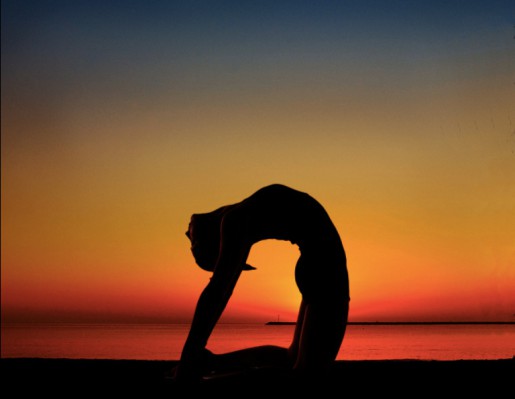
Consistent
correctness turns every
situation to your advantage.
The image of this hexagram is that of a gentle wind dispersing storm clouds. A wind that changes direction often, even a very powerful one, will disperse nothing—it only stirs up the sky. The wind that causes real change is the one that blows consistently in the same direction. There is an important lesson for us in this example.
When faced with a difficult problem to resolve or a goal we wish to achieve, we often are tempted to take striking and energetic actions. Though it is possible to achieve temporary results in this fashion, they tend to collapse when we cannot sustain the vigorous effort. More enduring accomplishments are won through gentle but ceaseless penetration, like that of a soft wind blowing steadily in the same direction. The truth of the Sage penetrates to us in this way, and this hexagram comes now to remind you that this is how you should seek to penetrate others.
The advice given to you by the I Ching is threefold. First, establish a clear goal; the wind that continually changes direction has no real effect. Second, apply the principle of gentle penetration to yourself; by eliminating your own inferior qualities you earn an influence over others. Third, avoid aggressive or ambitious maneuvers now; these are rooted in desire and fear and will only serve to block the aid of the Creative. The desirable influence is the one that flows naturally from maintaining a proper attitude.
In your interactions with others, bend like the willow. By remaining adaptable, balanced, accepting, and independent, and by steadily moving in a single direction, you gain the clarity and strength that make possible a series of great successes.
from The I Ching, or Book of Changes
Hexagram 57, Sun / The Gentle (The Penetrating Wind)
🪷
Right among the people coming and going
I have a place to stay
I shut the gate even in the daytime
And feel as though I had bought
Wo-chu the great mountain
And had it with me in town.
Never since I was born have I
Liked to argue, mouth full of blood.
My mouth is made fast to heaven and earth
So the universe is still.




